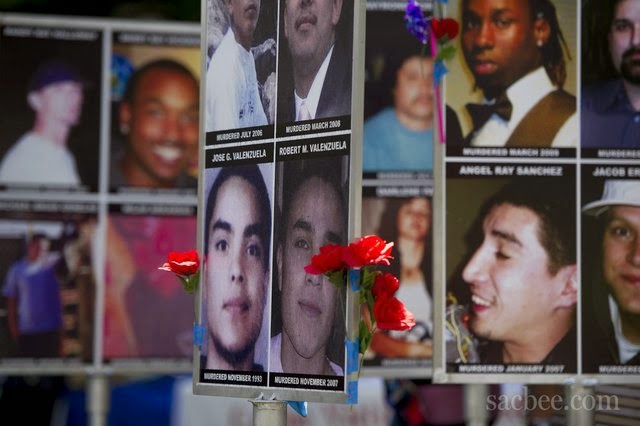If you
believe, as the families of the victims of the robbery believe, that society
owes to its members the ultimate protection from murder, then capital
punishment raises its august hand, the most solemn form of retribution against
the killer of innocent people.
[The Fight to Kill:
Capital considerations. September 23, 2003, 5:37 p.m.]
AUTHOR: William F. Buckley, Jr. (November 24, 1925 - February 27, 2005) was an
American Conservative author and commentator. He founded the political magazine
National Review in 1955, which had a major impact in stimulating the
conservative movement. He hosted 1,429 episodes of the television show Firing
Line from 1966 until 1999, where his public persona was famous for a
sesquipedalian vocabulary. He also wrote a nationally syndicated newspaper
column, and wrote numerous spy novels.
George H. Nash, a historian of the modern American Conservative
movement, states that Buckley was "arguably the most important public
intellectual in the United States in the past half century... For an entire
generation, he was the preeminent voice of American conservatism and its first
great ecumenical figure." Buckley's primary contribution to politics was a
fusion of traditional American political conservatism with laissez-faire
economic theory and anti-communism, laying groundwork for the new American
conservatism of U.S. presidential candidate Barry Goldwater and President
Ronald Reagan.
Buckley wrote God and Man at Yale (1951) and over 50 other books
on writing, speaking, history, politics and sailing, including a series of
novels featuring CIA agent Blackford Oakes. Buckley referred to himself as
either a libertarian or conservative. He resided in New York City and Stamford,
Connecticut. He was a practicing Roman Catholic, regularly attending the
traditional Latin Mass in Connecticut.
In the late 1960s, Buckley joined the Board of Directors of Amnesty
International USA. He resigned in January 1978 in protest over the
organization's stance against capital punishment as expressed in its Stockholm
Declaration of 1977, which he said would lead to the "inevitable
sectarianization of the amnesty movement".




